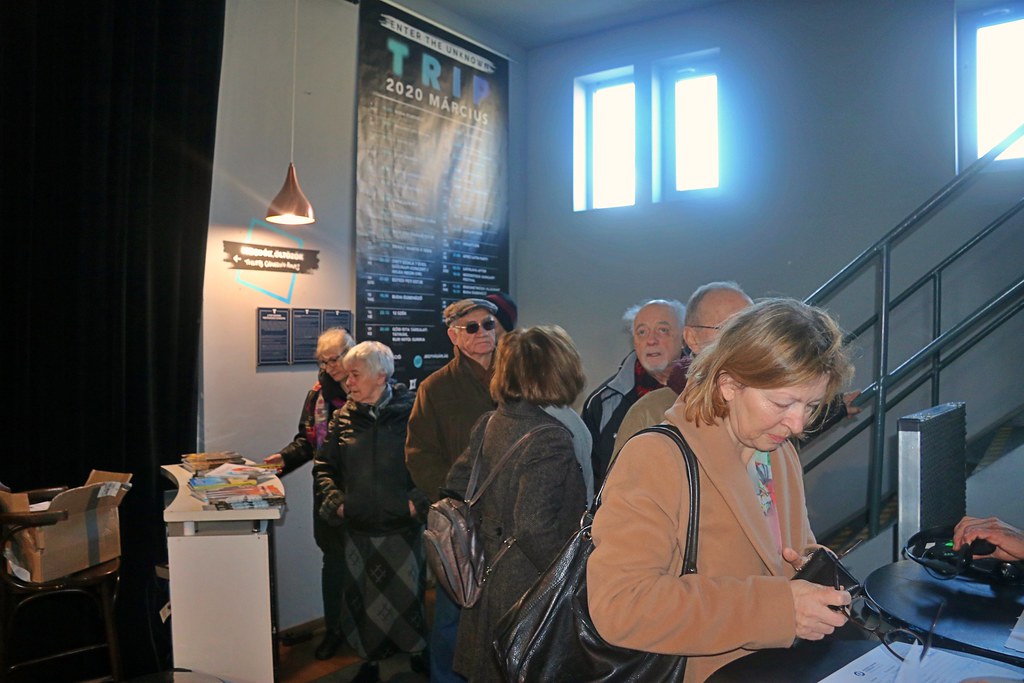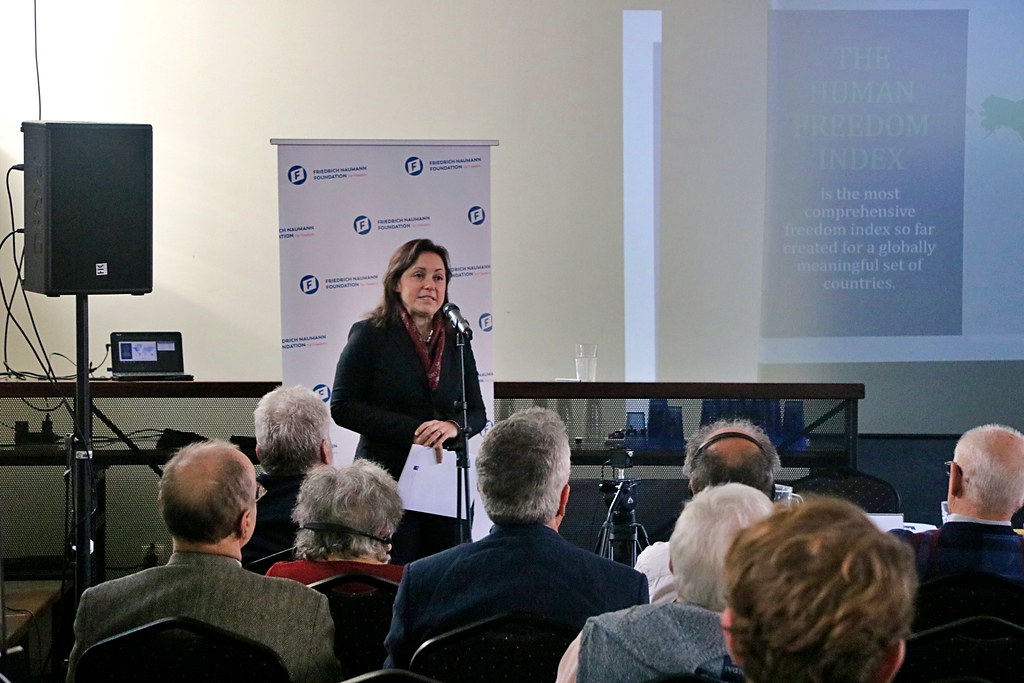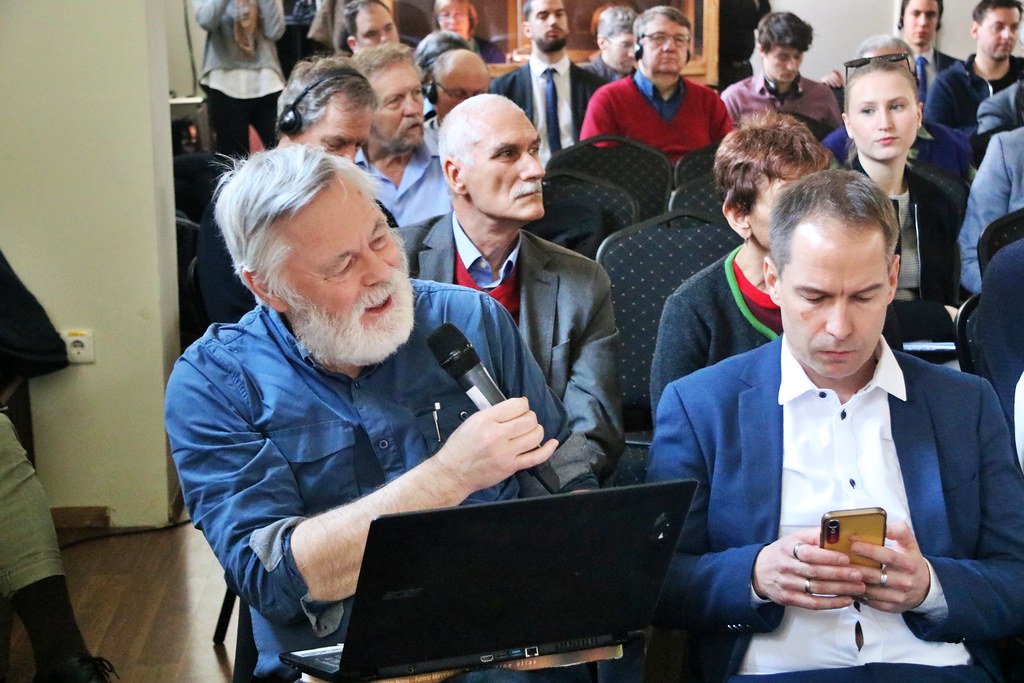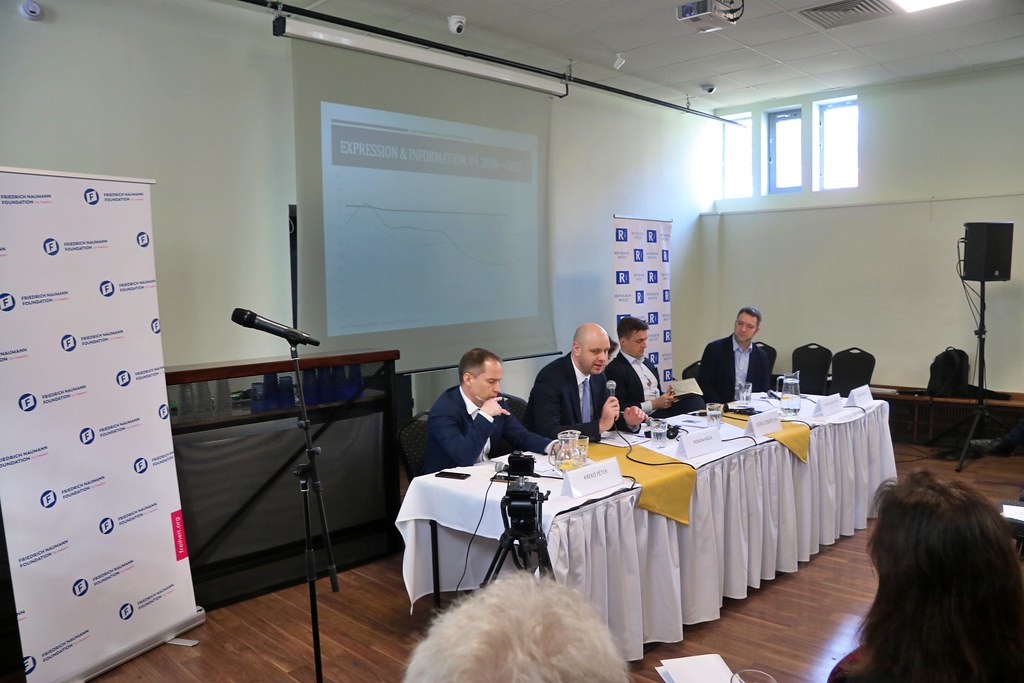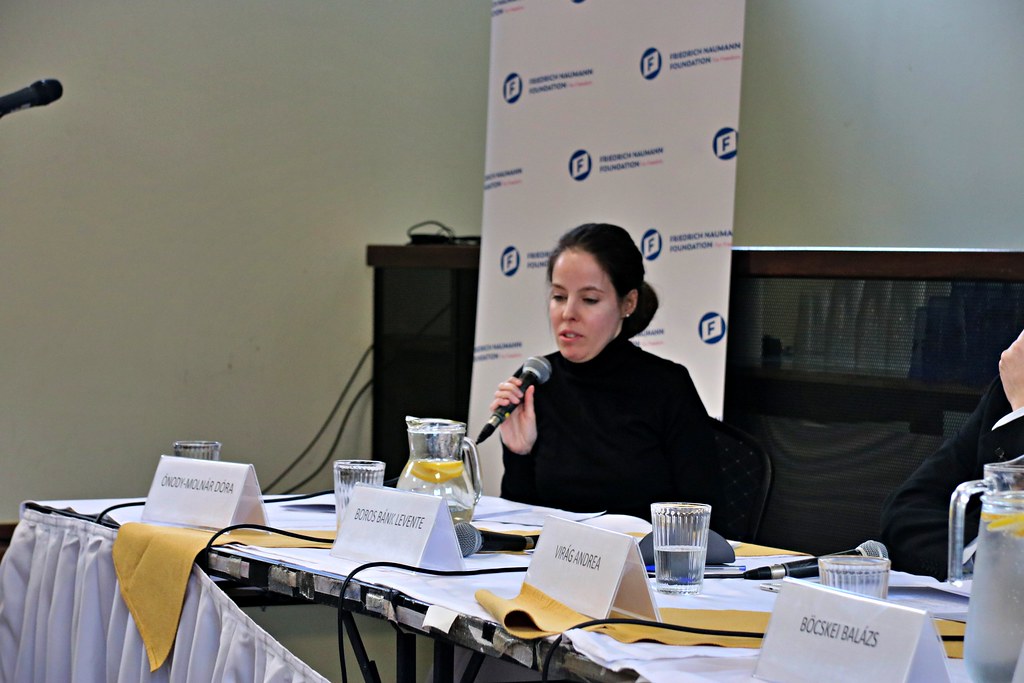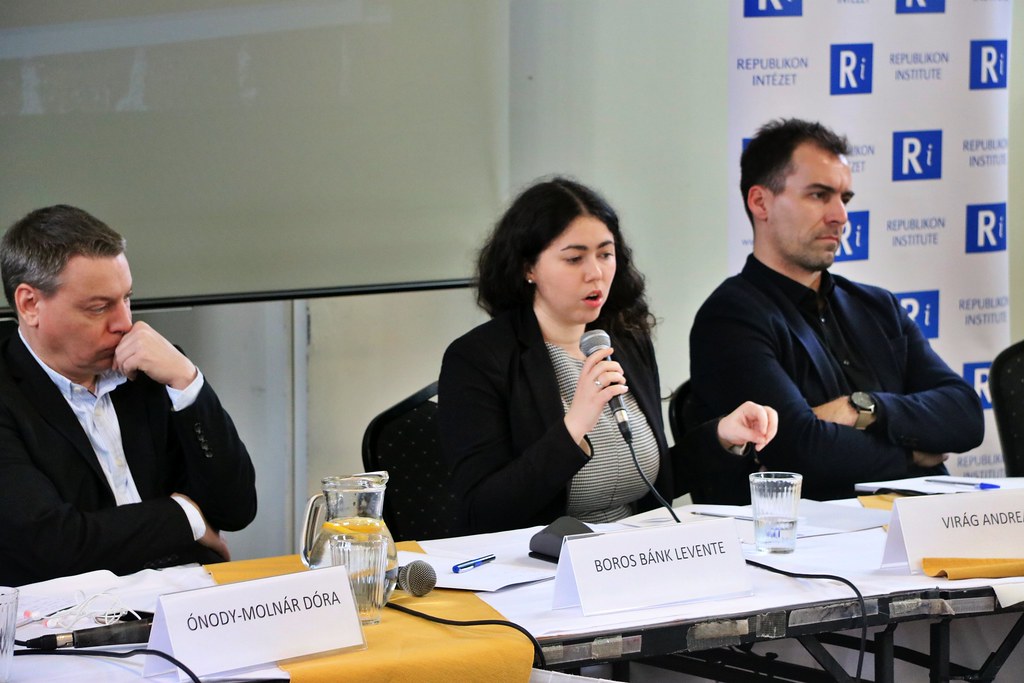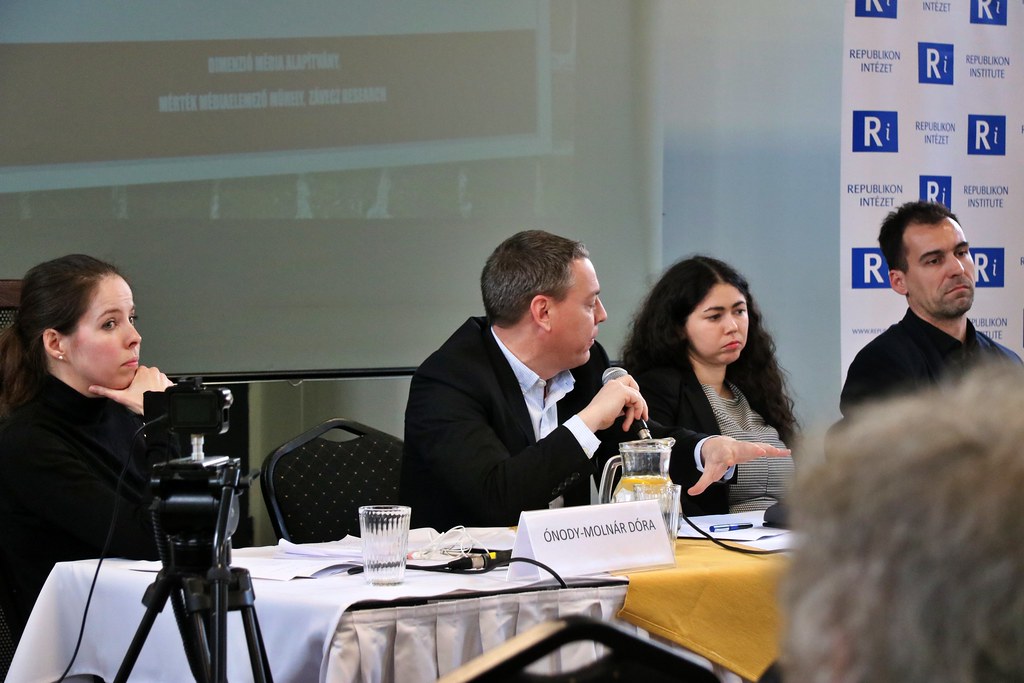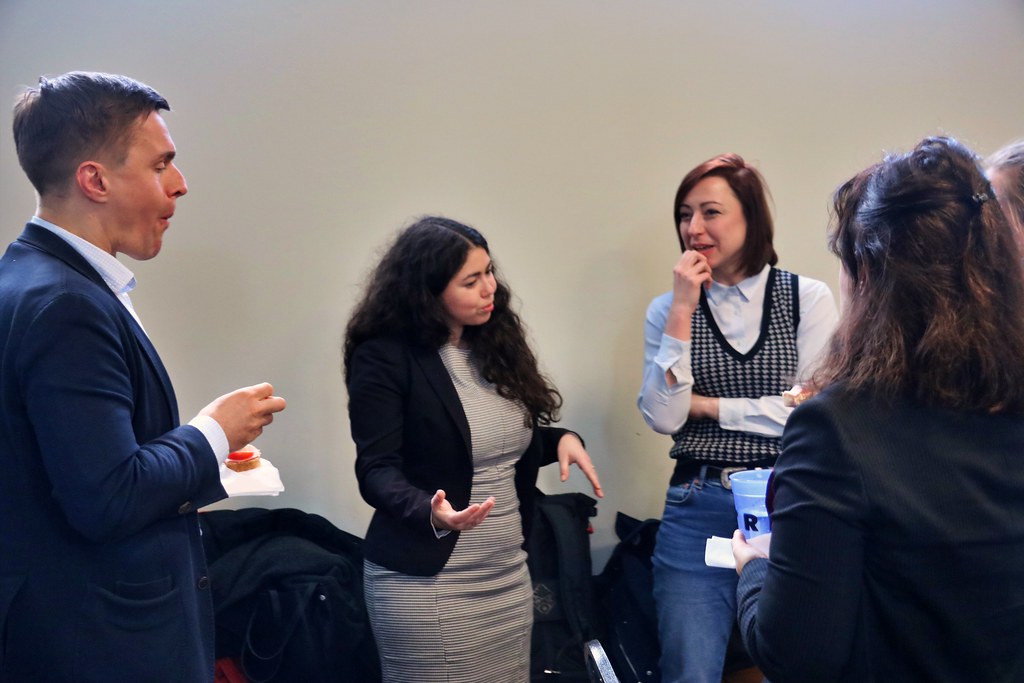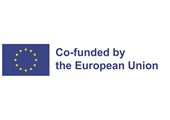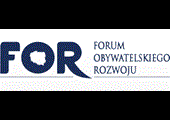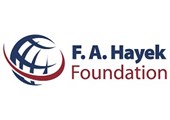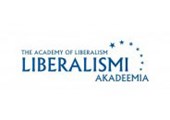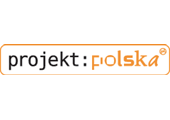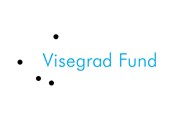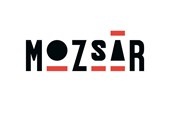Analyses and research
Analyses and research
- Karácsony vs. Vitézy
- The battle of the Lord Mayor candidates was finally decided by 41 votes. The latest analysis from Republikon looks at why this race could be so close and where the mayoral candidates' voter base is in the city.
Key findings of the analysis:
• The last-minute withdrawal of Alexandra Szentkirályi sharpened the already seemingly settled mayoral ele...
More - Strengthening Mayors, Weakening Opposition
- "Even the previously successful Fidesz mayors have not been able to regain their positions in Budapest, and the opposition has even increased its lead. The Tisza Party came up from nowhere in the assembly to join Fidesz, and their role in the balance makes it difficult for the re-elected Gergely Karácsony. Péter Magyar's party could pose a real ...
More - Easy come, easy go - Analysis
- "Republikon Institute has also drawn attention to an important lesson for Peter and Paul Magyar for the 2026 parliamentary elections. The example of Our Homeland and the Dog Party shows that high support generated by insufficiently engaged voters can be easily lost. It is also a question of the size of the committed core voter base of the new Ti...
More - Race for Budapest
- "The main question is not who will be the next mayor, but with whom and what compromises will he or she have to make in order to ensure the functioning of the capital's assembly." - hvg360 reported on Republikon's latest analysis.
The 2024 municipal elections in Budapest were already surrounded by a number of conflicts at the beginning of the ye...
More - Publication: The role of the state in contemporary market economies
- From a liberal perspective, the approach to the state’s role in market economy has always been defined by the principle of ‘the less is more’. The market should be regulated by demand and supply, and free competition should control the prices to everybody’s benefit. In an ideal world the role of the state is limited to the provision of the rules...
More - After the low point in April, Fidesz-KDNP has slightly strengthened
- "After the amnesty case and Péter Magyar's burst into the scene, Fidesz-KDNP's support was at a low point not seen for years at the end of March. A couple of weeks later, they achieved an increase within the margin of error: among the total population, the government party's voter base increased by 2 percentage points (27%), and among party vote...
More - There is a significant decrease in Fidesz-KDNP popularity in February
- "The scandal of the pardon has damaged the popularity of Fidesz-KDNP even more than expected, more than 325,000 voters leaving Orbán's party in a month. The opposition, however, could not benefit from this crisis either, only Momentum gained minimally compared to the January survey" - Telex reported on the latest party preference survey by the R...
More - There are more opposition voters, but Fidesz continues to lead the polls
- "The Two-tailed Dog Party has overtaken Momentum, Fidesz's popularity has continued to decline marginally, but the opposition still cannot come close to the governing parties with less than five months to go before the European Parliament and local elections," Telex reported on the latest research by the Republican Institute.
Key findings of th...
More - Our social media - Our news consumption habits and their impact on the 2024 election campaigns
- Based on Eurobarometer and Ipsos surveys, as well as Facebook's public advertising database, our analysis examined where Hungarian voters primarily get their information, which news sources they consider the most trustworthy, and which political actors are expected to dominate the online space during the 2024 European Parliament and local govern...
More - Balance of party preferences 2023
- More than a year has passed since Republikon relaunched its monthly party preference research in October 2022. Parliamentary elections are good polls in themselves, but they are rarely held, so in the interim period it is up to the research institutes to provide information on the balance of power among the parties. There will be a double electi...
More













